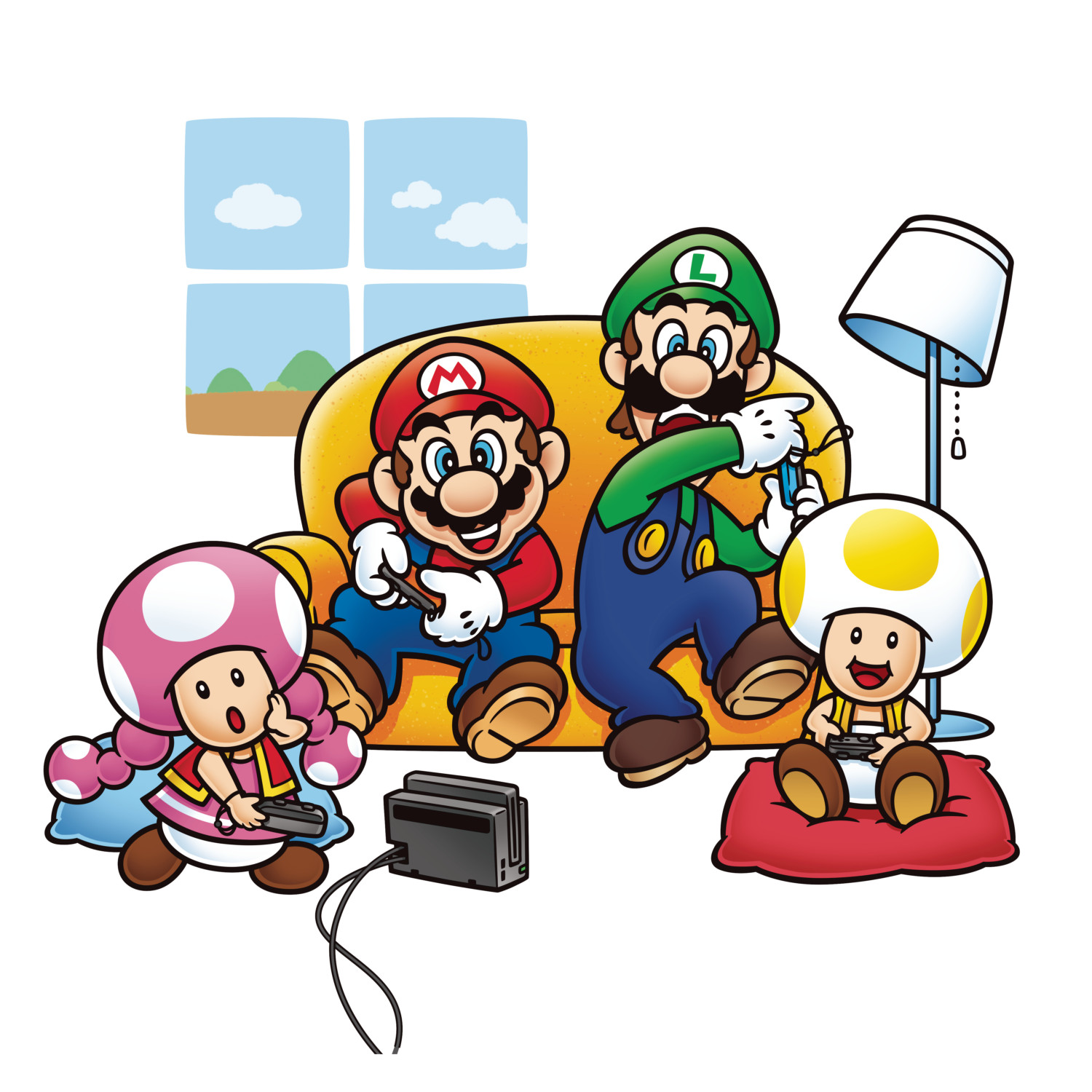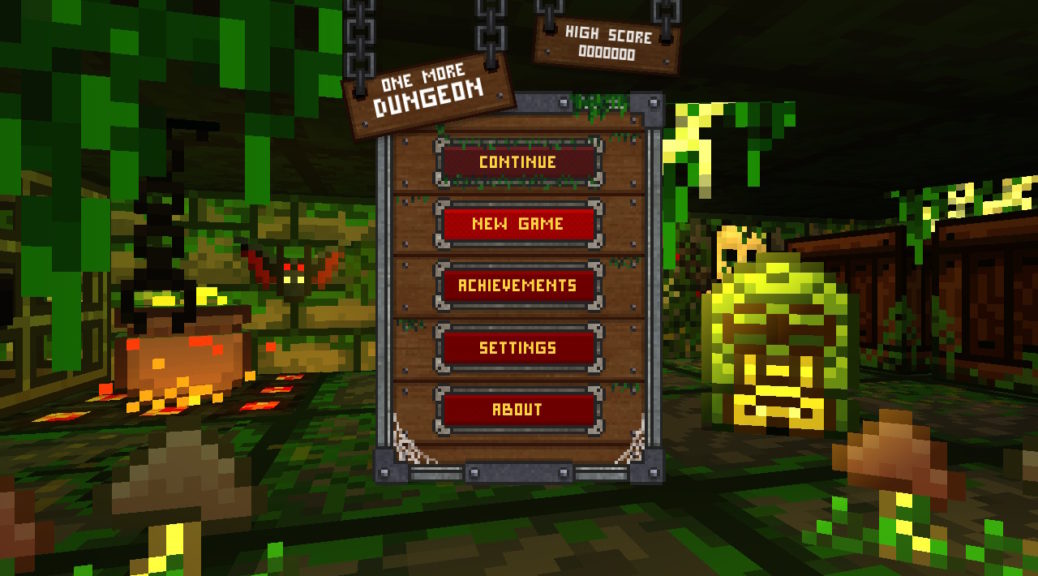
Game Review: One More Dungeon (Switch)
First-Person Shooters have come very far since their creation with the freelook in 1994 Bungie’s Marathon, to 3D in the mid to late 1990s, and then online multiplayer in the age of the internet. Can one actually strip all these commonplace features from a First-Person Shooter(FPS) and still make it good, can One More Dungeon actually do it? Read on to find out.
Gameplay

As I’ve surmised in my opening introduction, One More Dungeon is a first-person shooter that takes years of FPS innovation and throws it out of the window. It is almost as if Stately Snail looked at today’s FPS and said that they did not need all these fancy schmancy features.
The game is so “back to basics” that it does not come with freelook, meaning that your aim is only confined to the x-axis, you can only look left and right. Just like old times as well, two-weapon limit is also removed, meaning you can hold as many weapons as your inventory allows too and you will find yourself switching around different elemental weapons as your different element ammo depletes. Players will be happy to note that dual wielding is sort of not cut in the game, the L button controls your range weapon while simultaneously you are also holding a melee weapon which can be triggered with the R button. It is not dual wielding in the most absolute sense, you’re still holding two weapons at once.
Still, it is not as if the game did not bring any innovations to the table as it takes stuff out. The game’s levels are procedurally generated. No two replays are ever going to be the same. Perma-death might also be a key innovation in the game’s genre, forcing you to restart everytime you die instead of creating checkpoints in the level which might respawn. Such features really made a difference in the game’s gameplay.
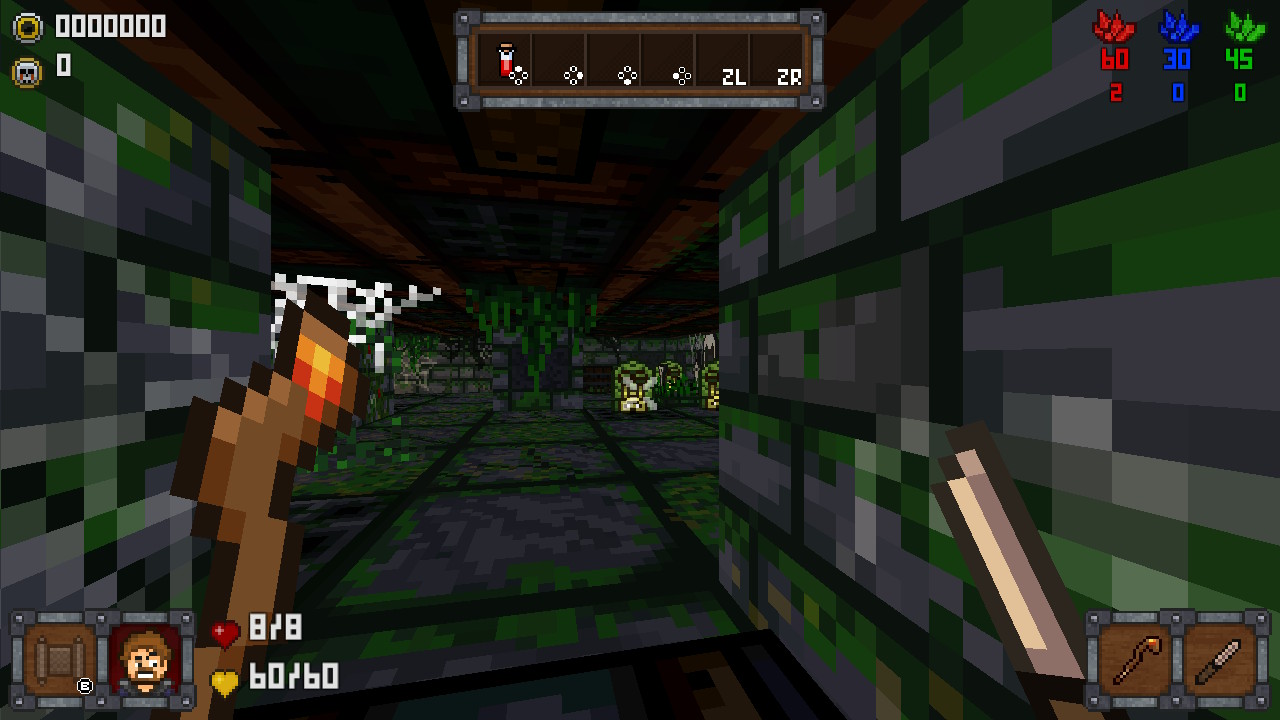
Other than that, everything is quite conventional FPS. You shoot at enemies and melee them while they are near to you. One thing to note is that enemies can be very “short-sighted”. It is entirely possible to go within weapons range of them and shoot them from afar without them even noticing your presence. In fact, shooting them from far is my preferred way of eliminating hordes of enemies one by one, as without a 3D plane of movement, fighting off large hordes is usually very challenging.
Hard To Start, Slow To Catch On, Overtly Addictive When Persist

With all these uniqueness for an FPS created in the modern times, you would expect the game to be fresh and fun right from the get-go. However, unfortunately, that is not the case with One More Dungeon. The game is frustrating to start as you are forced to readapt to the style of older FPS games. The environment returns from the open and expansiveness of modern games to the claustrophobic tinyness of yesteryear’s game.
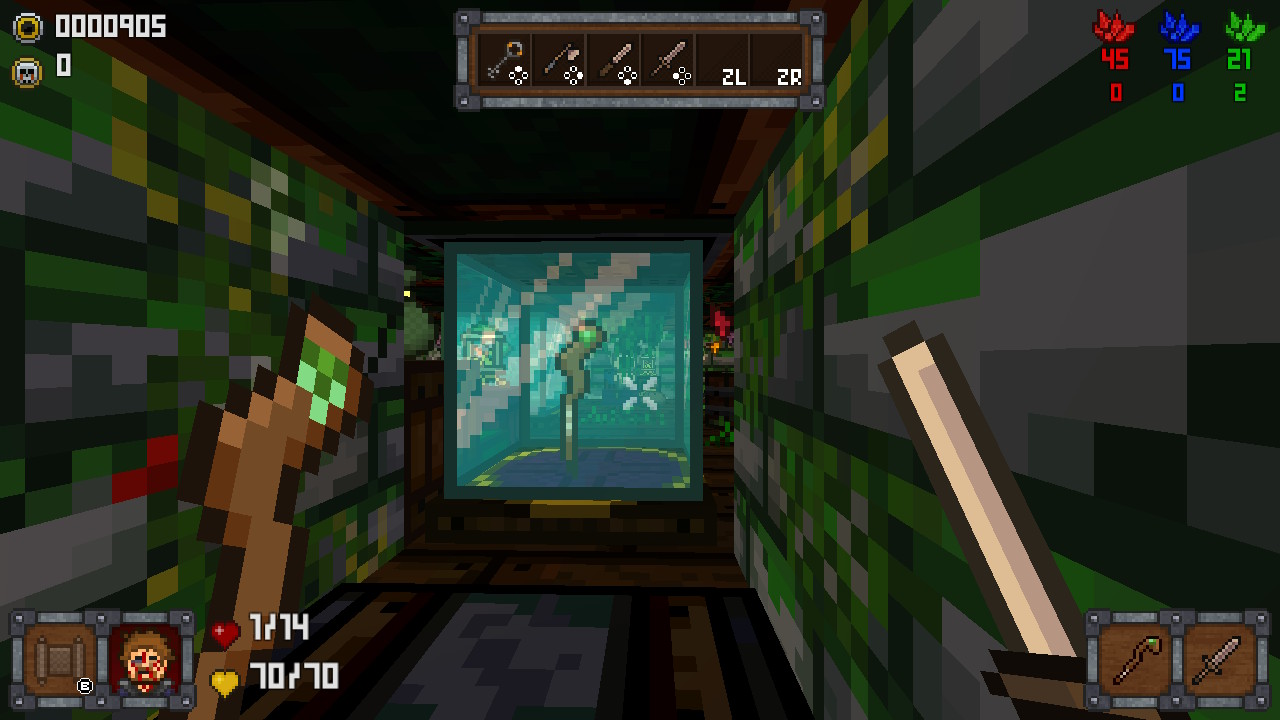
Adding on to that, the game’s random level generation is messy, and sometimes hard to navigate. There are times where you open a door in the game to find the entrance blocked on the other side by some object. All these coupled with very little health, perma-death, and easily depletable ammo makes the game’s beginning very frustrating.
But I think the developers understood that their game was in no way going to make it easy for beginners. That is why the game’s mutators feature comes in. After playing a few rounds, of the game you will find yourself being able to unlock two very key early game mutators, the Increase base health mutator, as well as, the halve enemy health mutator. These two game modifier will make your journey a lot easier, allowing you to push ahead many levels before succumbing to the permadeath of the game.
This is where the ingenuity of permadeath, coupled with procedurally generated levels start to seep in. As you find yourself dying more often than not, the different environment with each playthrough allowed for a new experience each time. You will hardly grow bored as you navigate the familiar yet unfamiliar environment.
As you further improve, the mutators allow you to modify the game further, bringing on challenges you never asked for initially, but wanted now.
The whole package is actually very well thought out… if you persist far enough for you to finally appreciate the developer’s thoughts that is.
Graphics
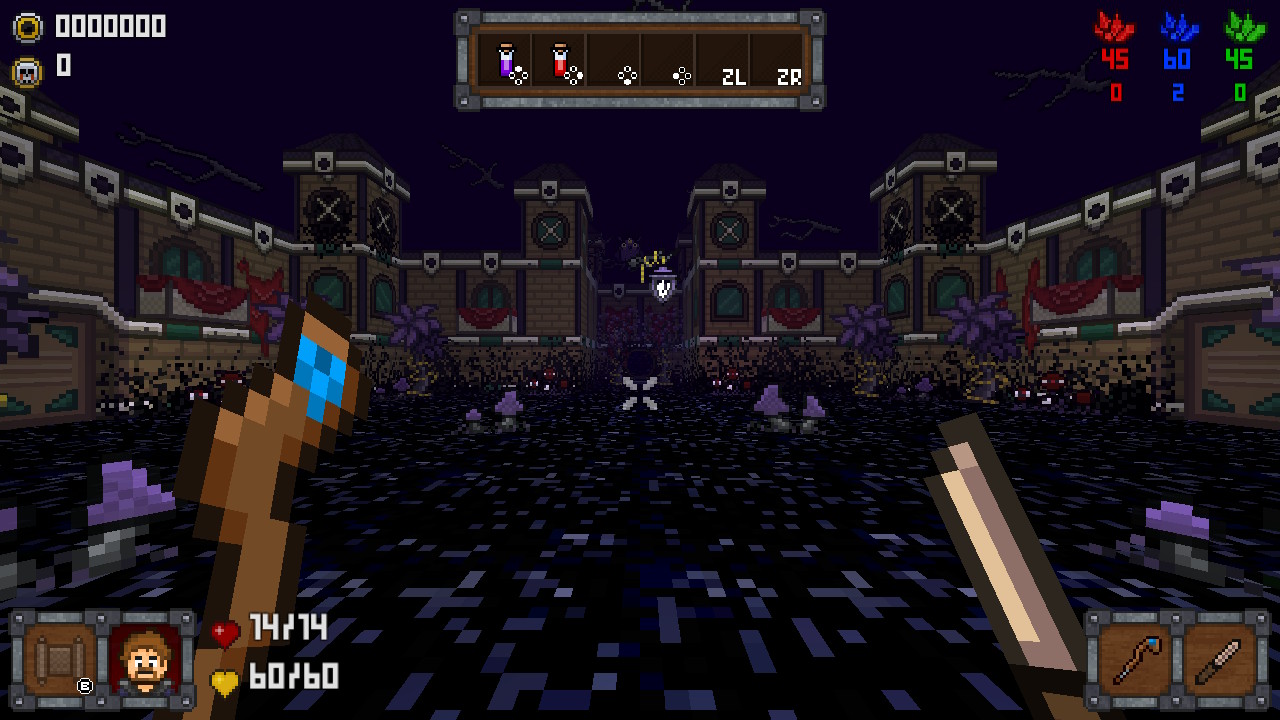
I purposely avoided talking much about the graphics until this category, but by the photos, you should already get a sense of what is going on. The graphics are not exactly retro style, it is more of a neo-retro take. The “pixel block” style reminisces more of Minecraft than the original Doom or Wolfenstein of the past. The art style is not bad, but I don’t think you will be writing home about it either.
What redeems it somewhat is the game’s smooth consistent framerate, which is quite essential for any FPS game. Even though given the enemy’s speed, as well as, linear movement, its hard to really tell if they’re missing one or two frames at times, but the overall gameplay is very smooth.
TL;DR
One More Dungeon is really a game that attempts to bring you FPS experience back to a land before time. While bringing back the retro vibes of the past, the team still managed to add innovation to it. The use of procedurally generated level maps, as well as, permadeath work amazingly hand in hand to provide you with a fresh new experience each run through. Although death can be frustrating, and the overarching premise of each level is similar, you will still find yourself lost in an unfamiliar new dungeon. The replayability of the game is definitely on the high side and for what it cost, it is definitely worth the try.
Pros:
- Permadeath with Procedurally Generated Levels
- Back to basics FPS gameplay
- High replayability
- Smooth Framerate
Cons:
- Can be very frustrating to start, which might turn some players off
- Stick control can be a bit imprecise to small adjustments
Verdict: Traditional Recipe, Not Appealing Initially But Great Aftertaste

A review code for One More Dungeon was provided by Ratalaika Games for the purpose of this review.
